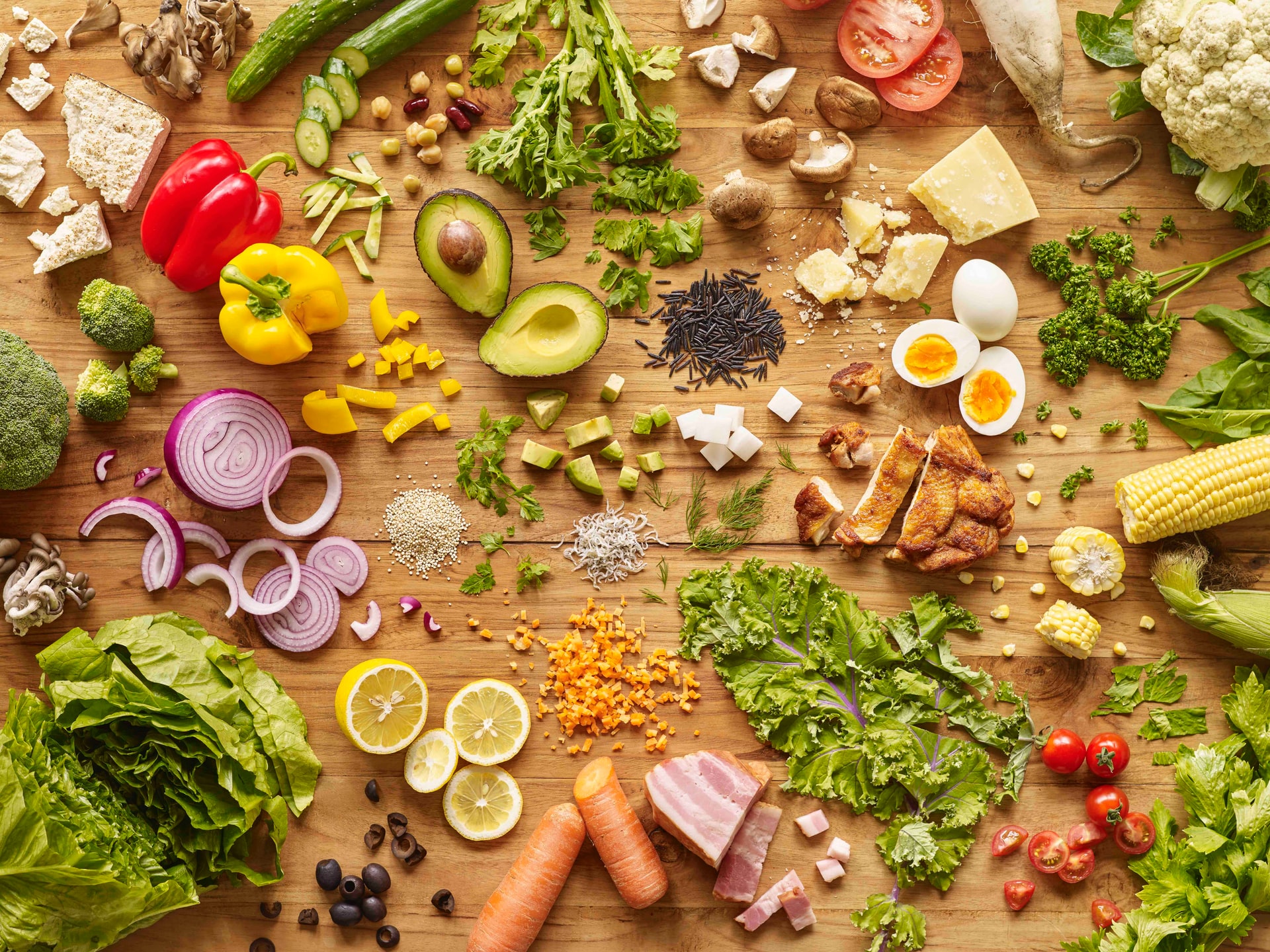Growing your own fruit and vegetables is a fun and rewarding hobby.
Aside from the fact that you know the elements used to grow your produce, it also ensures you are eating healthier.
Organically produced crops are without harmful chemicals, and with them, you are getting in far more nutrients. To be able to cultivate these nutritious and tasty food sources, you will need to invest a little more time to learn some basic gardening facts.
Here are some tips on how to grow healthy veggies and fruit in your garden.
Choose What You Want to Grow
When planning to put up your own garden, your first step should be to decide what you will grow in it. Think about all the veggies, herbs, and fruit you and your family actually like to eat and write them down on a piece of paper. Then, do a little research on their cultivation requirements, so you can cross off those which you won’t be able to grow. For example, some tender crops require a specific soil type or climate to thrive successfully. In addition, if you have shallow soil, chances are you won’t be able to cultivate anything that needs to grow deep.
Find the Perfect Location
As most plants live by gaining energy through photosynthesis, they will need lots of sunlight to thrive. Some veggies may grow in a location with less direct light, but only after their stem and leaf growing phase is finished. Fruiting plants, on the other hand, will need six to eight hours of direct exposure daily. The more they can convert into energy, the more sugar they will be able to develop and the tastier the fruit will be when it ripens.
Learn How to Prepare the Soil
For most fruit and vegetables, adequately balanced soil with neutral acidity is good enough, as long as it can be drained regularly. When you are considering seeds or plugs for planting, check what they will need to grow successfully. If you haven’t planted before, your soil probably lacks many of those.
One of the most used additives to easily improve the conditions of your garden’s soils is fertilizers. Although most of them are commercially available, you can go the organic route by using Simple Soil pure worm castings to supplement the base of your garden. You can start by digging into the top layer of the ground a few weeks before planting. Additionally, you can apply some less concentrated organic matter onto the surface when your plants are already in the soil.
Explore Different Growing Techniques
If you are looking for a cost-effective way to garden, it’s recommended that you opt for sowing seeds. With most plants, you will be able to put the seeds in the ground in early spring, even if there is still a chance for snow or frost. However, some are more sensitive to frostbite and should be sown in an indoor pot until summer comes. If you want to cut back on growth time, you can buy plug plants ready to grow their roots. This is a more expensive option, but you won’t have to deal with the hassle of sowing and thinning the seedlings.
Watering and Prune Frequently
Apart from hydrating your veggies, herbs, and fruits, water also makes the nutrients from soil available to their roots. Improper watering can interrupt their nutrient intake, which can lead to all kinds of plant diseases. Your crops should be watered regularly, but only to the point of keeping the soil moist. Leaving plants to grow at will can also lead to disease development, as it can prevent proper airflow. To avoid this, you should prune any downward branches or any part that looks damaged as soon as they appear.
Practice Crop Rotation
For one, growing the same plants in the same spot each year invites the pests that feed on those particular crops, as they will have a regular food source. Plus, as these plants are feeding on the same nutrients each year, eventually, they will deplete the soil so much that they won’t be able to grow anymore. So, if you want to harvest the healthiest, most nutritious veggies and fruit every year, it’s a good idea to change their place each time you plant them. Although for perennial plants, this doesn’t apply, so to keep them thriving, you will have to enrich their soil each season.
Now that you know what it takes to produce organic fruit and vegetables, you can go ahead and start your garden. Remember that some plants require more care than others, but this can also depend on the weather conditions. To avoid spoiling, make sure you harvest all the produce as soon as it has ripened. You can also prevent nutrient loss, especially if you eat the produce immediately after it’s collected.






